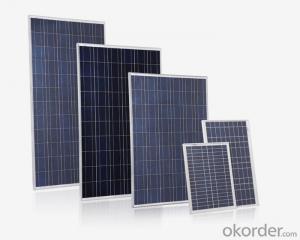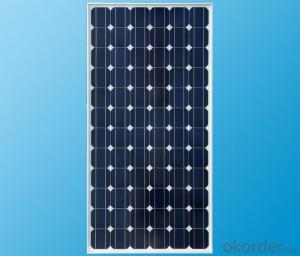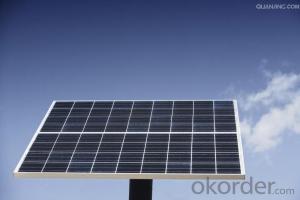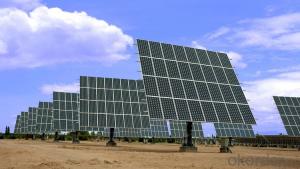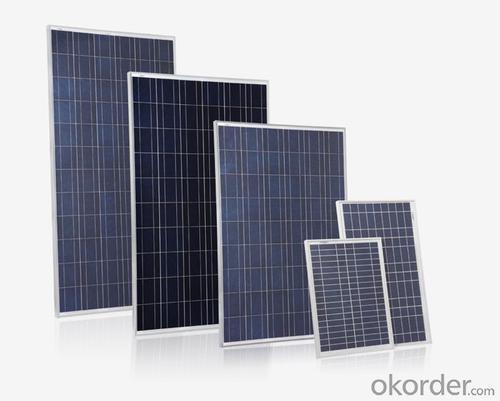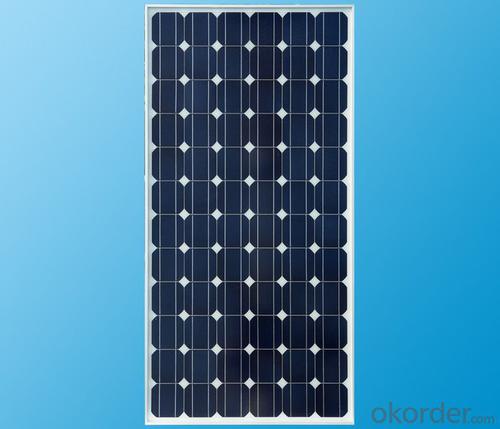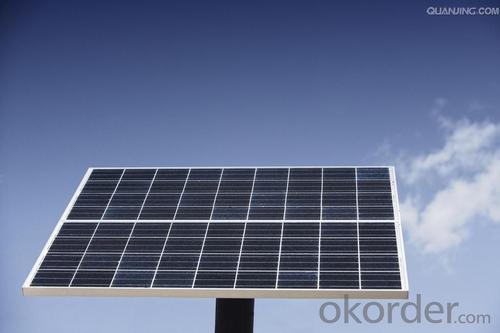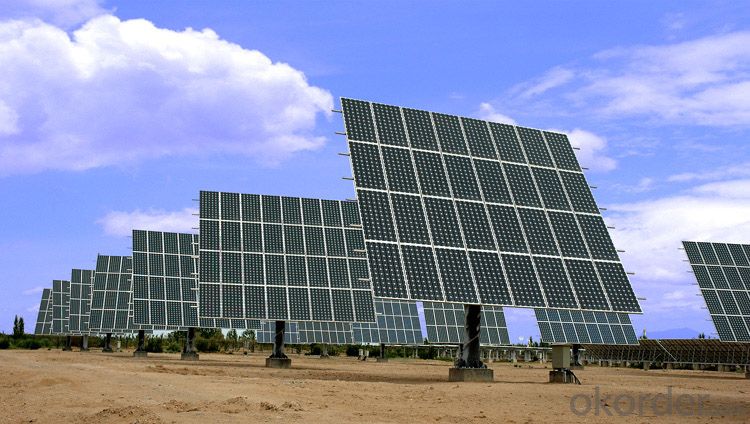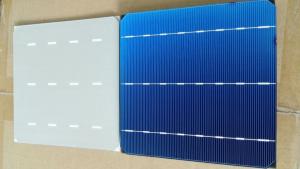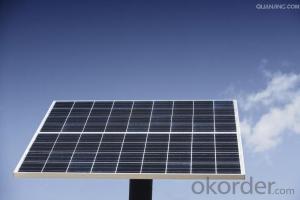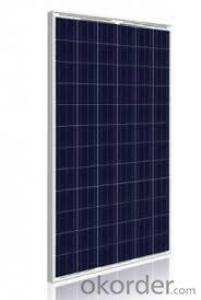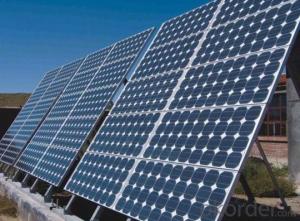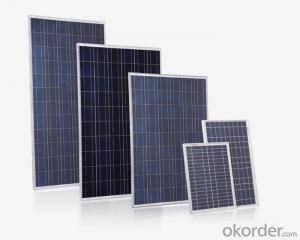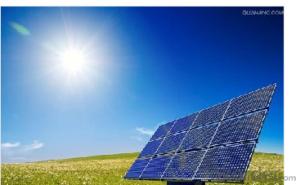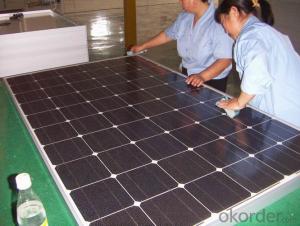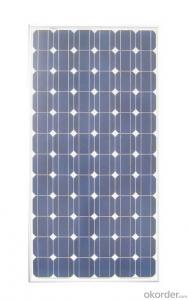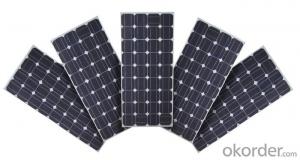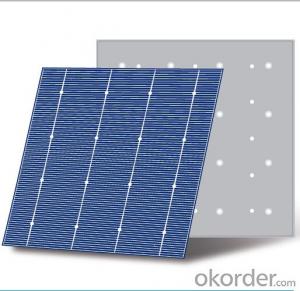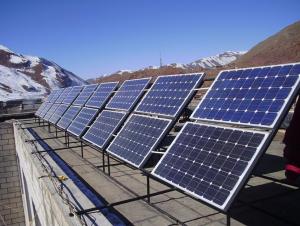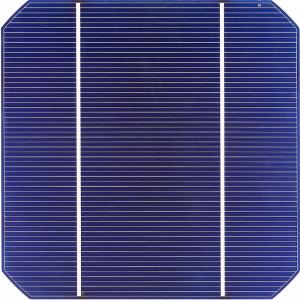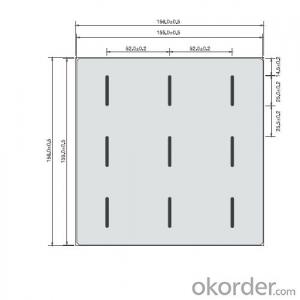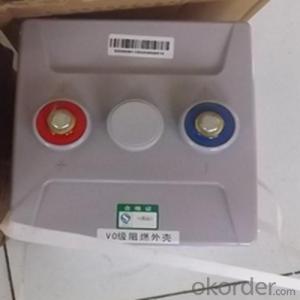Quantum Solar Cells - Favorites Compare A-Grade Cell High Efficiency 5W-300W PV Solar Panel
- Loading Port:
- China Main Port
- Payment Terms:
- TT OR LC
- Min Order Qty:
- -
- Supply Capability:
- 10000000000000 watt/month
OKorder Service Pledge
Quality Product, Order Online Tracking, Timely Delivery
OKorder Financial Service
Credit Rating, Credit Services, Credit Purchasing
You Might Also Like
Quick Details
| Place of Origin: | Guangdong China (Mainland) | Brand Name: | SunnyPower | Model Number: | SPM |
| Specification: | Normal | Application: | Home | Output Voltage (V): | 12VDC 24V DC |
| Load Power (W): | Depands | Solar Power (W): | 5W--300W | Certification: | VDE,IEC,CSA,UL,CEC,MCS,CE,ISO,ROSH |
| Size: | Customized dimensions | Max power: | 5W---300W | Cable: | MC-4 and connector |
| Frame: | White or black aluminum | Glass: | Low iron tempered glass | Cell type: | Mono crystalline and Poly crystalline |
| Cell brand: | Taiwan Motech | System voltage: | 12v or 24v |
Packaging & Delivery
| Packaging Detail: | Each panel with one single caton,and then 10pcs/5pcs with one outer carton,finally use wooden pallets to pack the cartons. |
| Delivery Detail: | 20 days |
Specifications
solar panels from 5W--300W, made of TAIWAN MOTECH brand cells,with CO in TAIWAN,Mono and Poly with VDE,IEC,CSA,UL,CE,ISO.
We import solar cells from Taiwan Motech brand, with this CO in taiwan and our CSA certification,we can still sell goods to Anti-dumping areas like USA. Our main products are solar panels, off grid and on grid solar home systems , solar street lighting systems, solar water heating system,solar pump,solar attic fan, solar DC LED lights and solar DC refrigerators.
Certificates : ISO, CE, VDE IEC, MCS, CSA-UL, CEC.
Delivery time: sample 10days, order 25-30days.
Sample: charged.
Payment term: T/T 30% as deposit, 70% before shipment. Or irrevocable L/C at sight.
Trade term: FOB Shenzhen or CIF destination seaport or Airport.
Delivery time: sample 10days, order 25-30days.
Sample: charged.
Payment term: T/T 30% as deposit, 70% before shipment. Or irrevocable L/C at sight.
Trade term: FOB Shenzhen or CIF destination seaport or Airport.
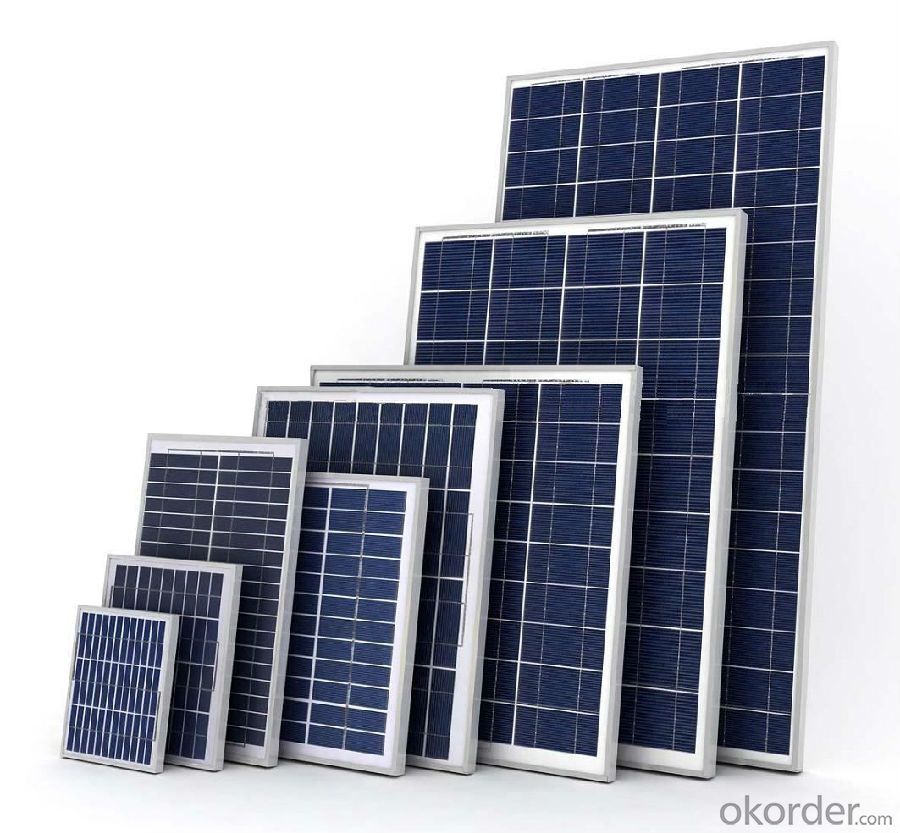
- Q: How do solar cells perform in regions with high levels of salt spray and corrosive environments?
- Solar cells generally do not perform well in regions with high levels of salt spray and corrosive environments. The salt particles can accumulate on the surface of the solar cells, leading to reduced efficiency and decreased performance. Additionally, the corrosive nature of the environment can cause damage to the materials and components of the solar cells, further impacting their functionality. To mitigate these issues, special protective coatings or materials can be used to enhance the durability and resistance of solar cells in such regions.
- Q: Can solar cells be used for powering manufacturing facilities?
- Yes, solar cells can be used to power manufacturing facilities. By installing a solar panel system, manufacturing facilities can generate renewable and clean energy to meet their power needs. This not only reduces their dependence on fossil fuels but also helps in reducing their carbon footprint and overall environmental impact.
- Q: How to define the poly solar cells as the A Grade one?
- You can check with the manufacturers first and they will tell you if the poly solar cells they are selling is the A grade level.
- Q: Is silicon-based solar cells and silicon-based thin-film solar cells the same?
- Monocrystalline silicon polysilicon battery components with tempered glass panel aluminum alloy frame when the flat, hard board. Soft with flexible material, thin battery is a soft board
- Q: How do solar cells perform in areas with limited space for installation?
- Solar cells can still perform efficiently in areas with limited space for installation through the use of innovative technologies such as rooftop and building-integrated photovoltaics. These systems maximize the use of available space, allowing solar cells to generate electricity even in compact urban environments. Additionally, advancements in solar cell design and efficiency have made it possible to produce more power from smaller areas, further optimizing electricity generation in limited spaces.
- Q: How do solar cells handle power quality issues?
- Solar cells handle power quality issues by utilizing various components and systems. One of the key components is the inverter, which converts the direct current (DC) generated by the solar cells into alternating current (AC) suitable for use in households or industries. The inverter also helps regulate the voltage and frequency of the electricity produced, ensuring it meets the required power quality standards. Additionally, solar installations may include voltage regulators, surge protectors, and filters to minimize voltage fluctuations, surges, and harmonic distortions that could affect power quality. Overall, these measures help solar cells maintain a stable and reliable power output, successfully addressing power quality issues.
- Q: What is the effect of wind on solar cell performance?
- The effect of wind on solar cell performance can be both positive and negative. On one hand, a gentle breeze can help cool the solar panels, preventing them from overheating and improving their efficiency. On the other hand, strong winds can cause vibrations and movement in the panels, leading to potential damage or misalignment. Therefore, while some wind can be beneficial, excessive or turbulent winds can have a detrimental impact on solar cell performance.
- Q: What is the maximum efficiency that a solar cell can achieve?
- The maximum efficiency that a solar cell can achieve is known as the Shockley-Queisser limit, which is approximately 33.7%. However, in practical applications, the efficiency of commercial solar cells typically ranges between 15-22%.
- Q: Are solar cells affected by temperature changes?
- Yes, solar cells are affected by temperature changes. As the temperature increases, the efficiency of solar cells decreases. This is because higher temperatures can cause an increase in the electron-hole recombination rate, leading to a reduction in the generation of electricity. Conversely, lower temperatures can improve the performance of solar cells by reducing thermal losses. However, extreme temperature changes can also cause stress and potential damage to the cells, so maintaining a moderate operating temperature is important for optimal performance.
- Q: How does a solar cell raise industrial efficiency?
- A solar cell provides long-lasting electricity which is vital in factories, that's how it raises efficiency.
Send your message to us
Quantum Solar Cells - Favorites Compare A-Grade Cell High Efficiency 5W-300W PV Solar Panel
- Loading Port:
- China Main Port
- Payment Terms:
- TT OR LC
- Min Order Qty:
- -
- Supply Capability:
- 10000000000000 watt/month
OKorder Service Pledge
Quality Product, Order Online Tracking, Timely Delivery
OKorder Financial Service
Credit Rating, Credit Services, Credit Purchasing
Similar products
Hot products
Hot Searches
Related keywords
